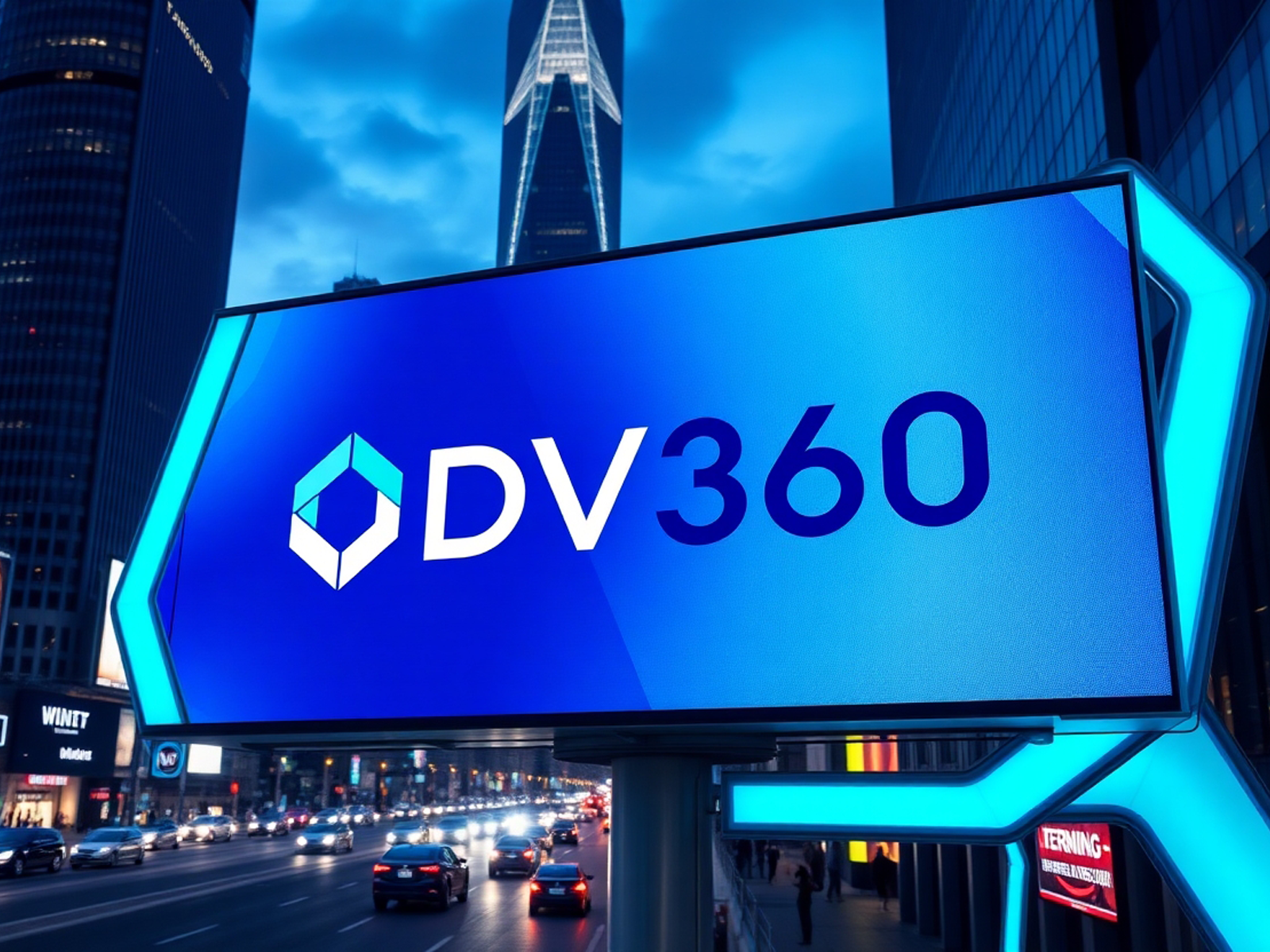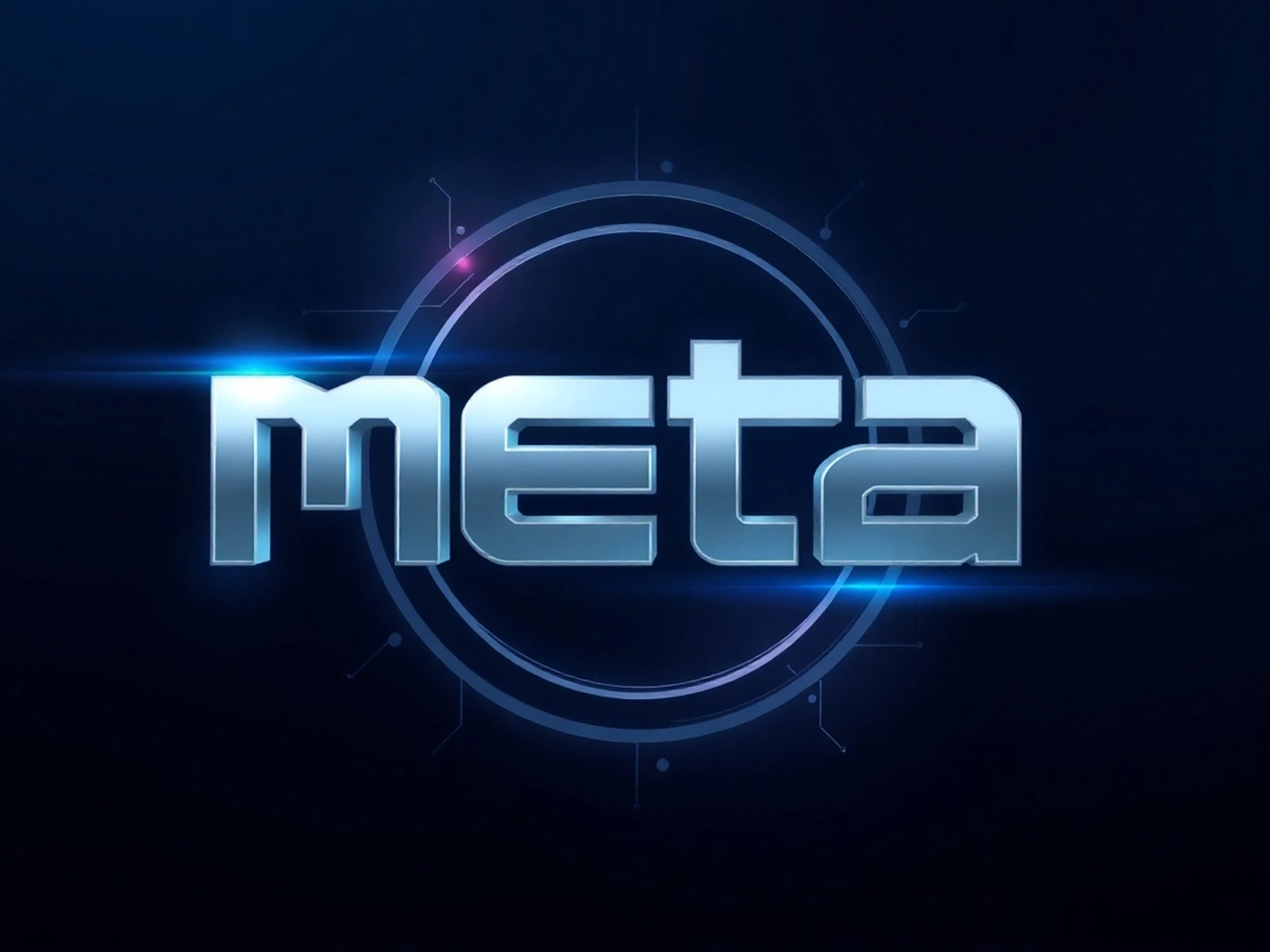
Google implements major updates in Display & Video 360

How to improve ROAS in Performance Max

Meta is testing chatbots that write to users first

2 minutes
Google has officially added support for AVIF (AV1 Image File Format) images in Google Search and Google Images, marking a significant development that promises to enhance site performance and improve SEO outcomes. This move means AVIF images can now be displayed across all platforms that utilize Google Search data, offering webmasters an opportunity to boost their site speed and Core Web Vitals scores, particularly the Largest Contentful Paint (LCP) metric.
AVIF’s improved compression technology allows for significantly smaller image file sizes without compromising quality, which directly influences page speed—a critical factor in SEO. Faster page rendering not only enhances user experience but also helps search engine crawlers access and index content more efficiently. According to Google’s crawl budget guidelines, improving page load times can prevent “Hostload exceeded” warnings and enable Googlebot to crawl more pages, ultimately enhancing a site’s visibility in search results.
Google emphasizes the importance of optimizing crawl efficiency by increasing page loading speeds. With Google’s crawling limited by bandwidth, time, and availability of Googlebot, faster server responses mean more content can be indexed, potentially leading to better search rankings.
AVIF is an advanced image format that offers a superior compression rate compared to older formats like JPEG, PNG, and GIF. By leveraging the AV1 video codec, AVIF combines high-quality visual characteristics with smaller file sizes—up to 50% smaller than JPEGs. The format supports features like transparency (similar to PNG), rich color ranges, deeper blacks, and even animation capabilities akin to GIFs.
While WebP has been the preferred choice for optimized web images in recent years, AVIF outperforms it in terms of compression and quality for most web use cases. Although WebP may still be suitable for lossless image needs where preserving maximum quality is essential, AVIF offers a more efficient solution for general web usage, balancing file size and image quality effectively.
AVIF is compatible with major browsers, including Chrome, Edge, Firefox, Opera, and Safari. Content management systems like WordPress and Joomla also support the format, along with Cloudflare for CDN delivery. While the adoption rate of AVIF is still relatively low at 0.2%, its inclusion in Google Search is expected to drive wider usage as web developers seek to leverage the benefits of enhanced performance.
However, some social media platforms are yet to adopt AVIF fully. A study by Joost de Valk, founder of Yoast, revealed that platforms such as LinkedIn, Mastodon, Slack, and Twitter/X do not support AVIF, while Facebook, Pinterest, Threads, and WhatsApp do.
One of the advantages of using AVIF is its seamless integration with Google’s indexing systems. Google has confirmed that there are no additional steps required to make AVIF images indexable, simplifying the adoption process for webmasters. As Google stated, “AVIF is now a supported file type in Google Search, for Google Images as well as any place that uses images in Google Search. You don’t need to do anything special to have your AVIF files indexed by Google.”
With AVIF poised to become a standard image format, webmasters and marketers have a new tool to optimize their websites, improve user experience, and boost SEO performance.
Google’s support for AVIF is a game-changer for SEO optimization. Smaller file sizes and enhanced image quality will accelerate page load times, positively impacting Core Web Vitals scores. This is a crucial step for websites aiming to improve crawl efficiency, increase the number of indexed pages, and enhance search rankings. Marketers and developers should adopt this format promptly to gain a competitive edge.
The article is available in Ukrainian.
Say hello to us!
A leading global agency in Clutch's top-15, we've been mastering the digital space since 2004. With 9000+ projects delivered in 65 countries, our expertise is unparalleled.
Let's conquer challenges together!
performance_marketing_engineers/
performance_marketing_engineers/
performance_marketing_engineers/
performance_marketing_engineers/
performance_marketing_engineers/
performance_marketing_engineers/
performance_marketing_engineers/
performance_marketing_engineers/